As our loved ones age, their needs change, and providing them with the care and support they require becomes increasingly important. Establishing a thoughtful and effective care routine can help ensure their well-being and enhance their quality of life.
Assessment and Communication The first step in creating an elderly care routine is to assess your loved one’s needs and preferences. Sit down with them and have an open and honest conversation about their health, daily routines, and any specific concerns or wishes they may have. Understanding their unique requirements is the foundation of a successful care plan.
Establish a Regular Schedule Consistency is key when it comes to elderly care. Establish a daily schedule that includes regular meal times, medication reminders, hygiene routines, and activities. A predictable routine provides a sense of security and comfort to elderly individuals.
Personalized Care Plan Tailor the care plan to meet your loved one’s specific needs. This may include assistance with activities of daily living (ADLs) such as bathing, dressing, grooming, and mobility.
Medication Management Ensure that medication is administered correctly and on time. Organize medications in pill organizers or blister packs to minimize errors. Regularly review medications with healthcare professionals to assess their effectiveness and any potential interactions.
Nutrition and Hydration Maintain a balanced and nutritious diet for your loved one. Plan meals that accommodate any dietary restrictions or allergies. Help them stay hydrated, as dehydration can be a common issue among the elderly.
Mobility and Exercise Physical activity is essential for maintaining mobility and overall health. Incorporate light exercises and stretches into the daily routine to help prevent muscle atrophy and improve balance. Consult a physical therapist or trainer for a personalized exercise plan.
Safety Measures Ensure that the living environment is safe and free from hazards. Install grab bars in the bathroom, secure rugs to prevent slips, and remove clutter from walkways.
Social Engagement Loneliness and isolation can be detrimental to mental health. Encourage social engagement by arranging visits with friends and family, enrolling in senior centers or community programs, or facilitating video calls for virtual connections.
Regular Healthcare Checkups Schedule regular medical checkups and dental appointments to monitor your loved one’s health. Be proactive in addressing any health concerns and follow the recommendations of healthcare professionals.
Self-Care for Caregivers Caring for an elderly loved one can be physically and emotionally demanding. Remember to take care of yourself, too. Seek support from support groups, friends, or professional caregivers when needed.
Creating a care routine for an elderly person requires empathy, patience, and flexibility. By tailoring the routine to their specific needs and preferences, maintaining open communication, and addressing both their physical and emotional well-being, you can provide compassionate and effective care that enhances their quality of life.
Remember that caregiving is a journey, and with the right routine and support, you can provide the care and love your elderly loved one deserves.
Keep in mind that all of these tips can also be supported through the help of hiring a caregiver through HMC HomeCare. Not only does a caregiver come with a breadth of knowledge and experience helping individuals age with ease, but they can also help relieve some of the physical and emotional stress that can come with caring for a loved one. To learn more about how we can help, visit us at HMC HomeCare!






